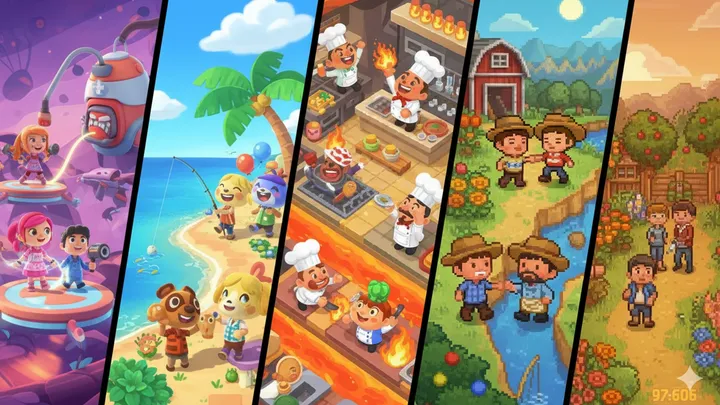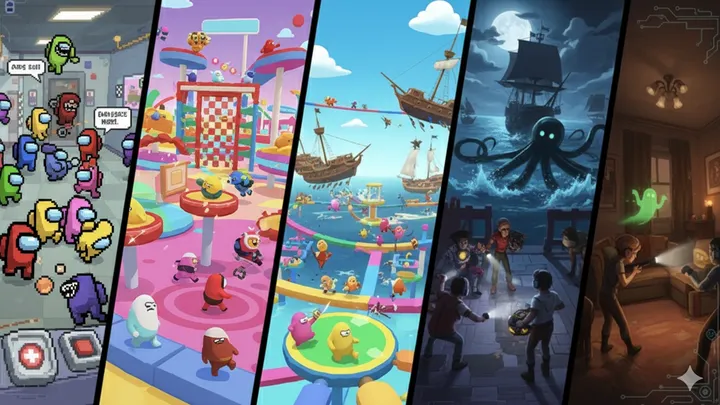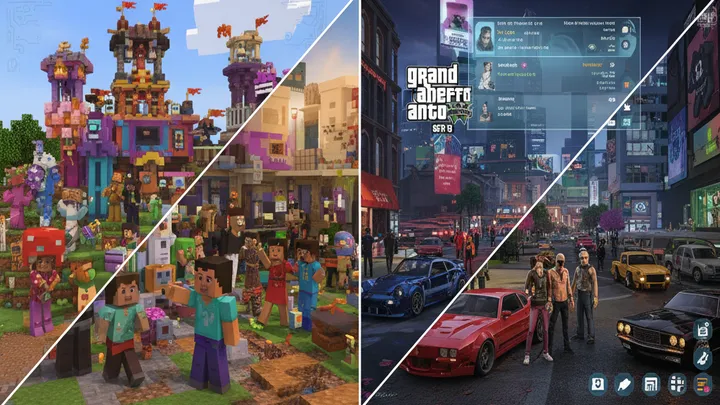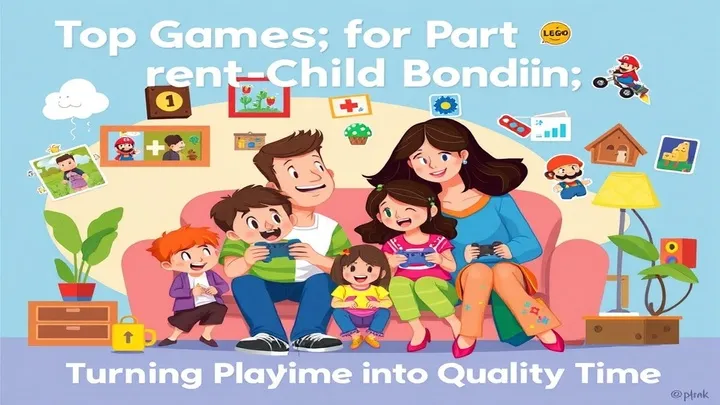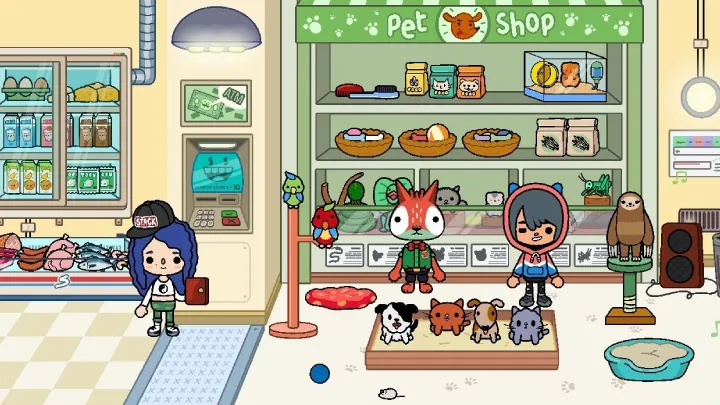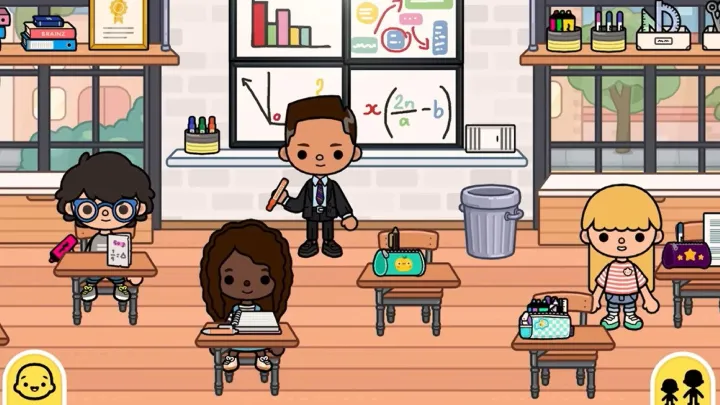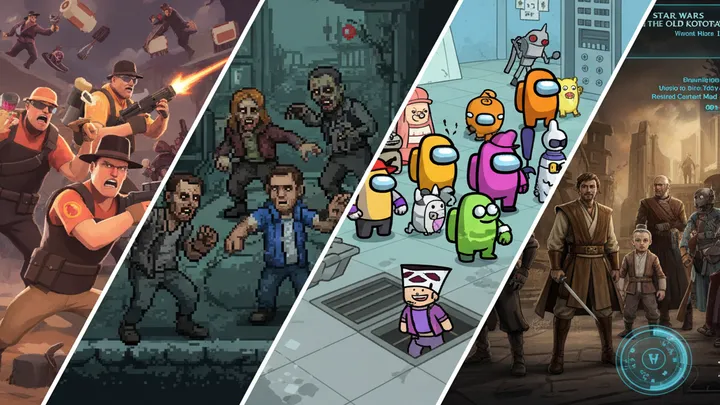Introduction
In an increasingly digital world, the balance between screen time and meaningful play is a topic of considerable debate. Among the myriad of children's apps, Toca Boca stands out not just for its vibrant graphics and engaging gameplay but for its unique approach to fostering emotional intelligence in children. This article explores how Toca Boca games encourage kids to express emotions, understand social cues, and develop empathy through creative play. We will delve into specific features of the games, examine the developmental theories behind them, and discuss the implications of this approach on children's emotional development.
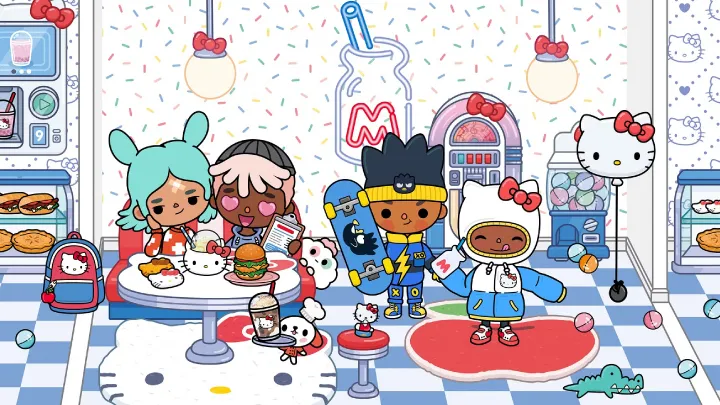
Understanding the Concept of Emotional Intelligence
Emotional intelligence (EI) refers to the ability to recognize, understand, and manage our own emotions, as well as the emotions of others. This skill set is crucial for effective communication, relationship-building, and conflict resolution.
The components of emotional intelligence include:
- Self-Awareness: Recognizing one's emotions and how they affect thoughts and behavior.
- Self-Regulation: The ability to manage emotions in a healthy way.
- Social Skills: Skills needed to interact effectively with others.
- Empathy: Understanding and sharing the feelings of others.
- Motivation: The drive to achieve for the sake of achievement.
Emotional intelligence is particularly crucial during childhood, as it lays the groundwork for future interpersonal relationships and social interactions. Children with high EI can better manage stress, build healthier relationships, and navigate social complexities.
The long-term benefits of high emotional intelligence include improved academic performance, better mental health outcomes, enhanced relationships in adulthood, and greater resilience in facing challenges.
Toca Boca's Unique Approach to Play
Toca Boca operates on the belief that play is an essential part of childhood development. Their games are designed to be open-ended, allowing children to explore and engage in a way that feels natural and intuitive.
In Toca Boca games, there are no strict rules or win/lose scenarios. This lack of structure encourages children to engage in creative problem-solving and exploration, fostering an environment where emotional expression can flourish.
Toca Boca games are filled with scenarios that prompt children to navigate social situations and emotional challenges. For instance, in games like Toca Life: World, players can create their own stories, interact with characters, and explore various environments.
Character customization is a key feature. Players can create and customize characters, promoting self-expression. Children can develop their narratives, allowing them to explore different emotional scenarios.
Examples of Emotional Intelligence in Toca Boca Games
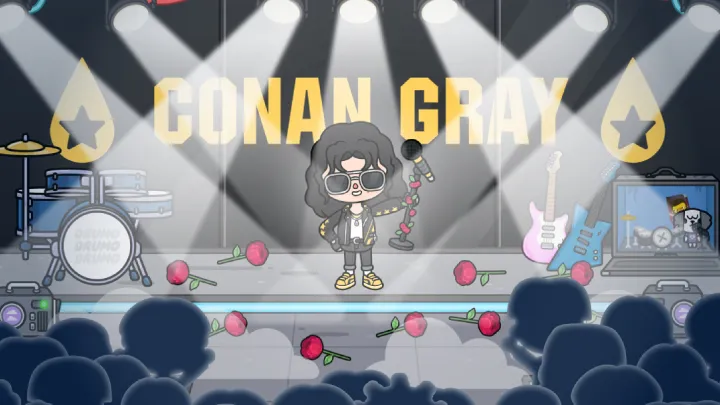
In Toca Life: Hospital, players navigate the complexities of a hospital setting, which can involve various emotional situations, such as caring for a sick character or dealing with patient anxieties.
Empathy development occurs as children learn to understand the feelings of patients and caregivers. Problem-solving skills are enhanced as players must find ways to comfort characters.
Toca Life: School encourages children to engage in classroom dynamics, fostering an understanding of social interactions and relationships.
Role-playing scenarios allow children to take on different roles (teacher, student), helping them see perspectives other than their own. Conflict resolution scenarios may arise where players need to mediate disputes or help friends, enhancing their social skills.
Theoretical Foundations of Toca Boca's Design
Toca Boca’s design aligns with several prominent theories in child development, particularly those that emphasize the importance of play in learning and emotional growth.
Jean Piaget’s theory highlights how children learn through interacting with their environment. Toca Boca’s games provide opportunities for children to engage in symbolic play, which is crucial for cognitive and emotional development.
Lev Vygotsky emphasized the social aspects of learning, suggesting that social interaction plays a fundamental role in cognitive development. Toca Boca’s multiplayer features enable children to collaborate and communicate, facilitating social learning.
Toca Boca games can also be analyzed through the lens of emotional learning frameworks, which emphasize the importance of emotional and social skills in education.
The Collaborative for Academic, Social, and Emotional Learning (CASEL) framework identifies five core competencies: self-awareness, self-management, social awareness, relationship skills, and responsible decision-making.
The games naturally align with these competencies, offering scenarios where children practice these skills through play.
The Impact of Toca Boca on Children’s Emotional Development
To understand the impact of Toca Boca on emotional intelligence, several studies and case examples can be examined.
Parents report that children who play Toca Boca games demonstrate greater empathy towards peers. Teachers notice that children who engage with Toca Boca games are more adept at navigating social interactions in the classroom.
Child psychologists have noted the benefits of open-ended play in fostering emotional growth. Through the various scenarios presented in Toca Boca games, children are exposed to a range of emotions, helping them articulate their feelings more effectively.
Playing these games encourages children to express their emotions verbally, contributing to language acquisition.
Toca Boca and the Digital Play Landscape
As technology continues to evolve, the landscape of play has shifted significantly, with more children engaging in digital play than ever before.
Digital play offers numerous benefits, including accessibility, as games can be accessed from various devices, allowing for play in different environments. The interactive nature of digital play can enhance engagement and learning.
While digital play offers advantages, it also poses challenges that must be addressed. Excessive screen time can lead to physical health issues, such as eye strain and poor posture. Over-reliance on digital play can impact real-world social interactions.
Conclusion
Toca Boca has successfully created a platform that not only entertains but also educates and nurtures emotional intelligence in children. By providing open-ended, creative play experiences, Toca Boca fosters empathy, self-awareness, and social skills, essential components of emotional intelligence. As we navigate the challenges of digital play, Toca Boca stands as a model of how games can positively impact emotional development, shaping the next generation's ability to connect, understand, and thrive in an increasingly complex world.









